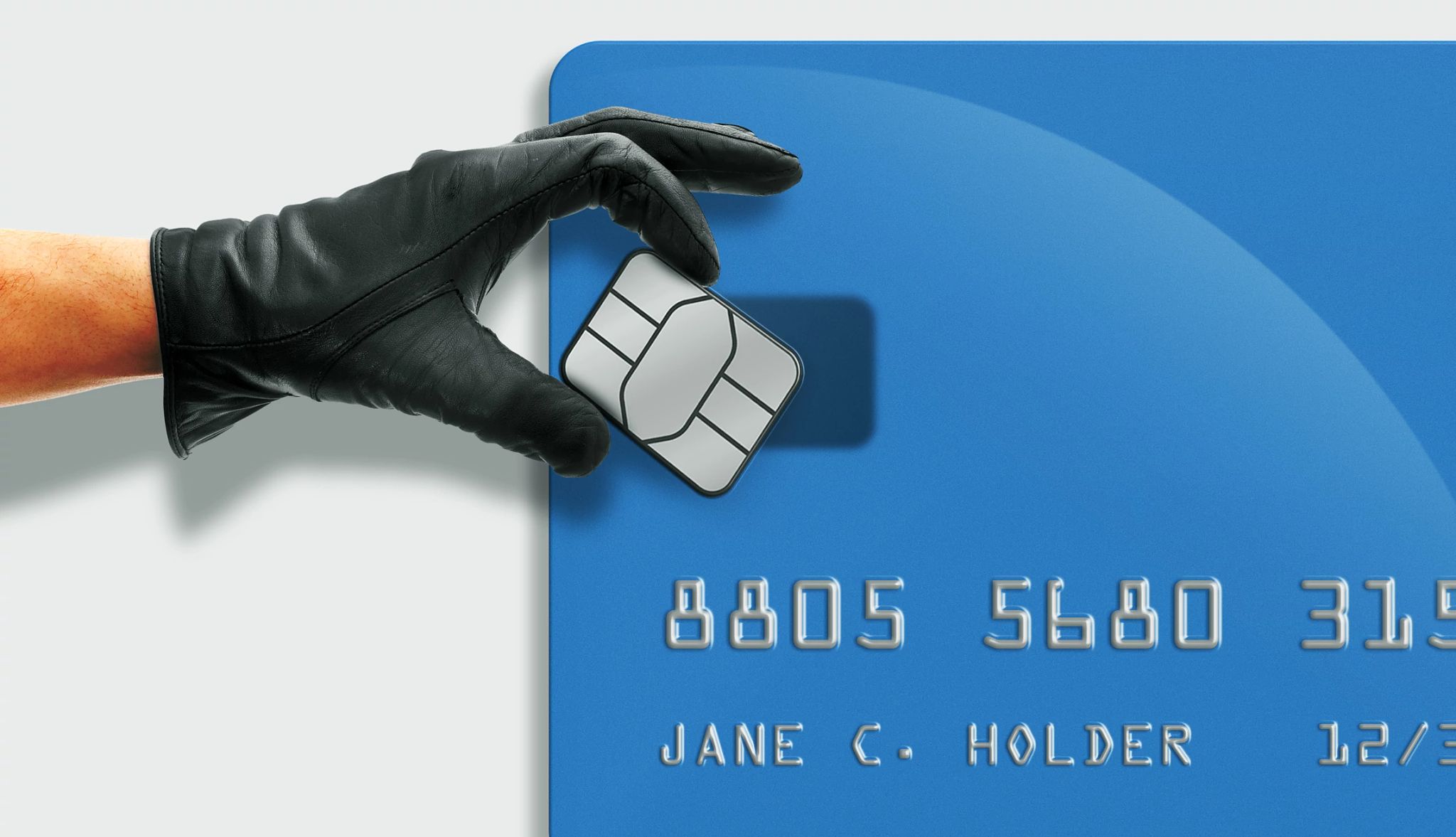AARP Hearing Center
The AARP Fraud Watch Network Helpline is a free service where you can report suspected fraud, get help determining if something is legitimate, or seek support if you or someone you care about has become a victim. Each year, we receive around 100,000 calls. Here’s a look back at some of the trends we saw in 2025.
If you learn something new in this alert, please share it with your friends and loved ones. Awareness plays a significant role in staying safe from these crimes.
ID Theft
- Identity theft remains widespread, as criminals use stolen personal information for their own gain.
- Criminals obtain personal information in many ways—from large-scale data breaches to phishing links and malware-infected sites that collect your data, as well as low-tech tactics like stealing mail or searching through trash.
- Identity theft becomes identity fraud when someone uses your information for financial gain—opening new accounts, filing for government benefits, submitting false tax returns, or taking over existing accounts. This can be done by the criminal who originally stole your data or by someone who purchased it.
- It’s a massive and growing problem, but there are steps to reduce risk, including creating stronger passwords, using multi-factor authentication, and reviewing and freezing your credit reports.





































































